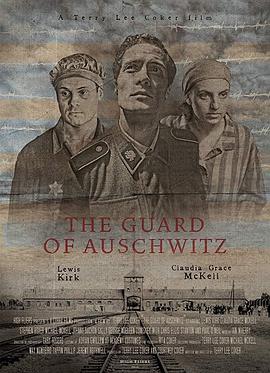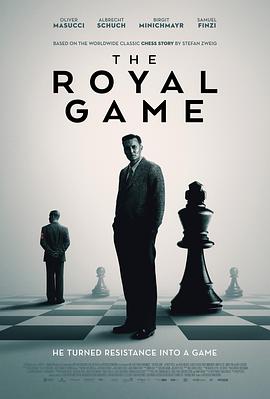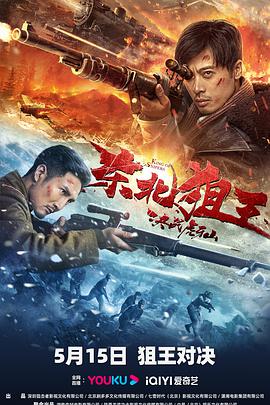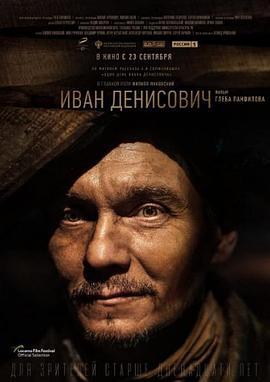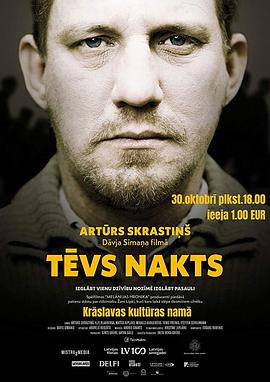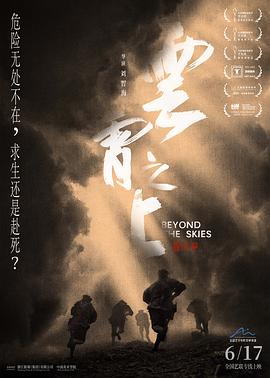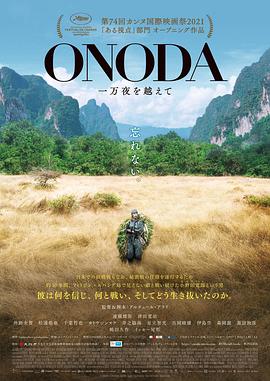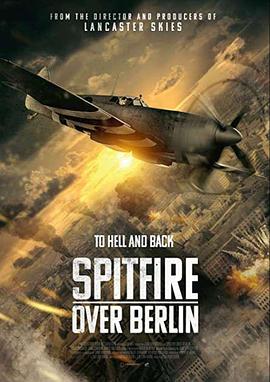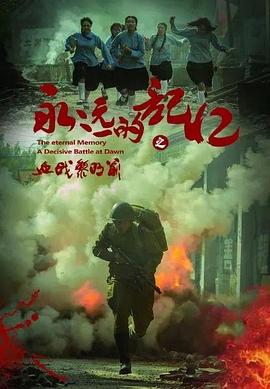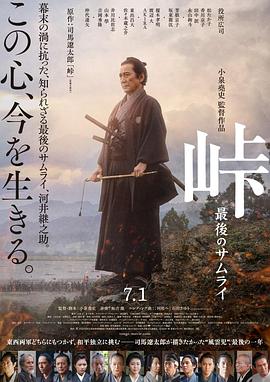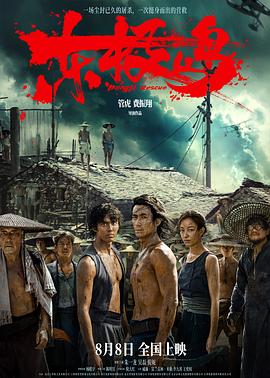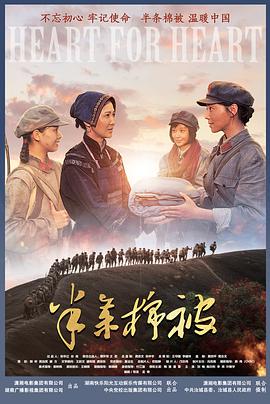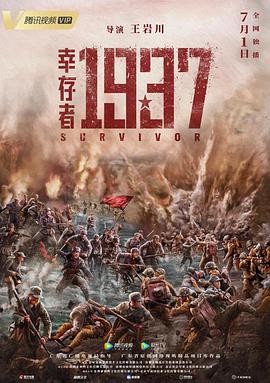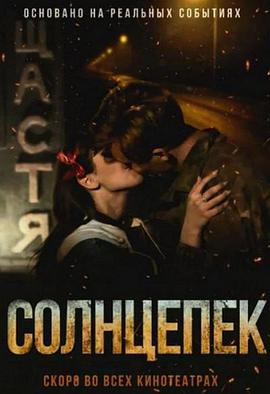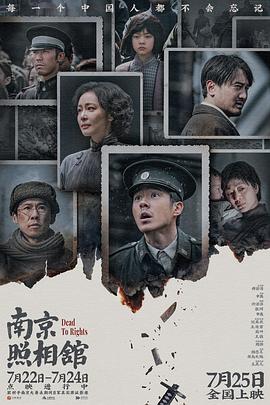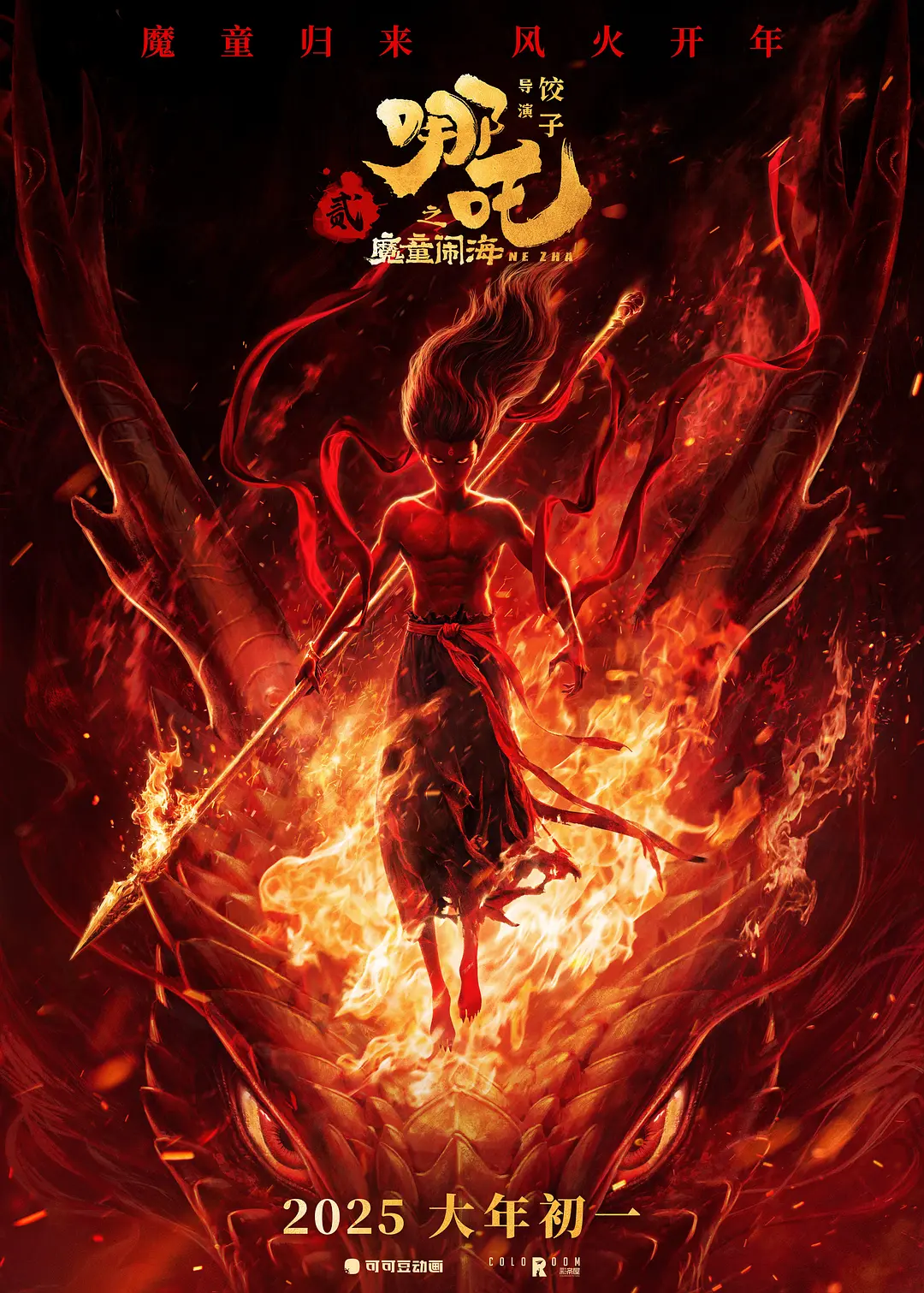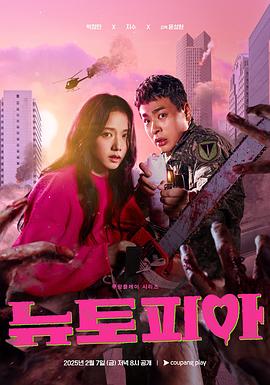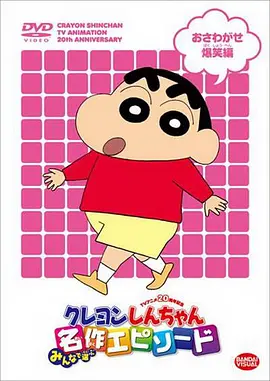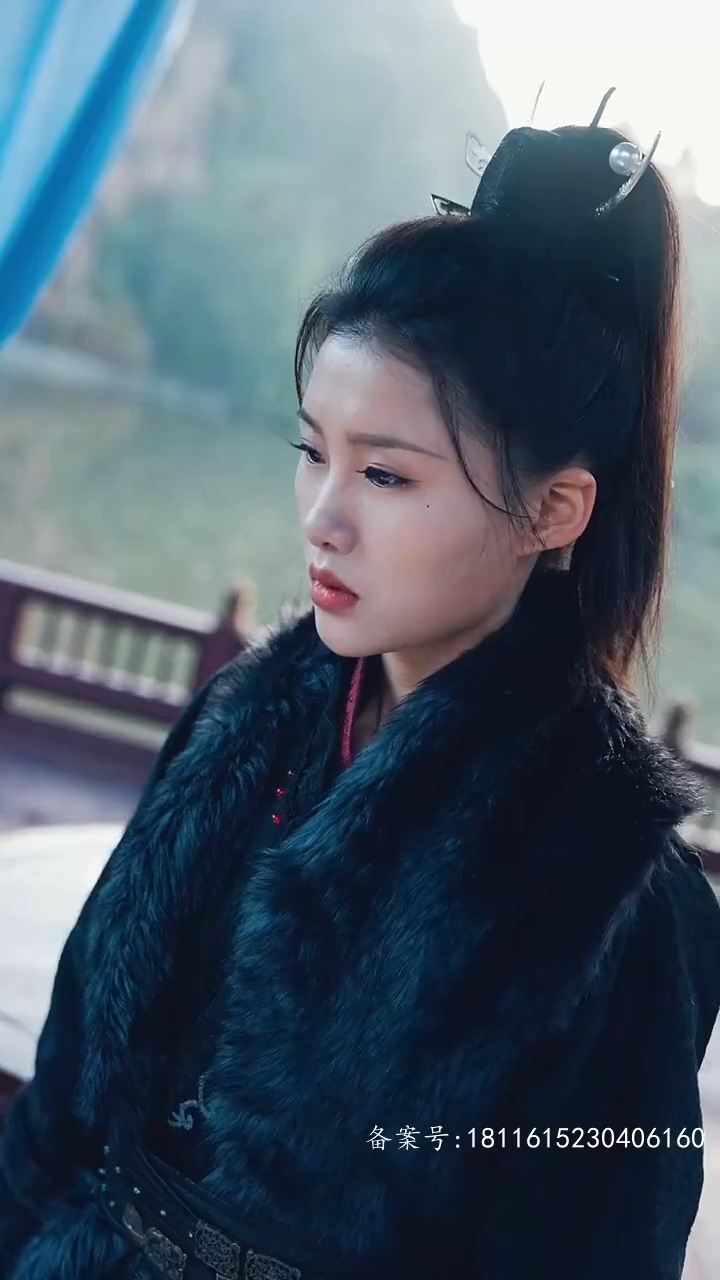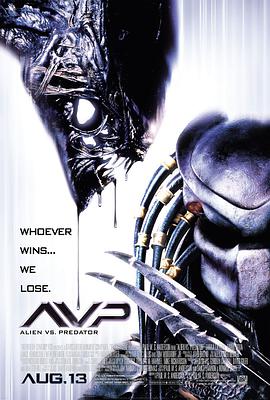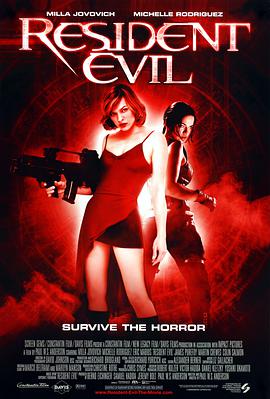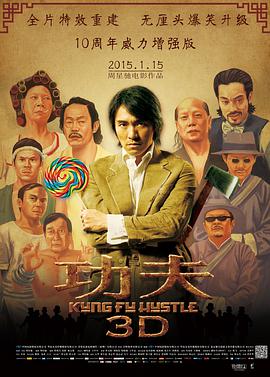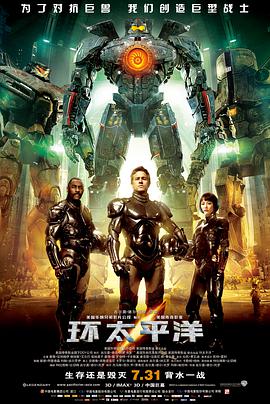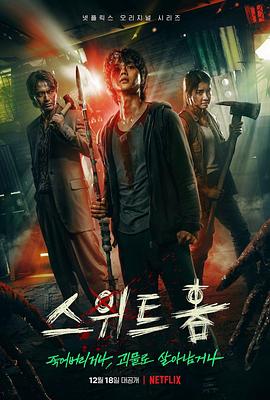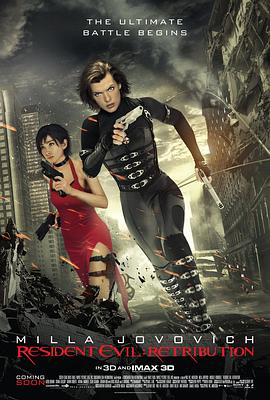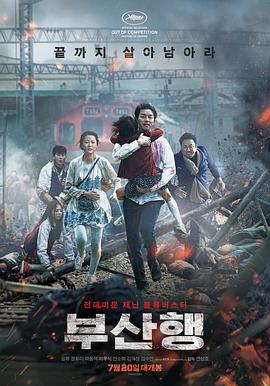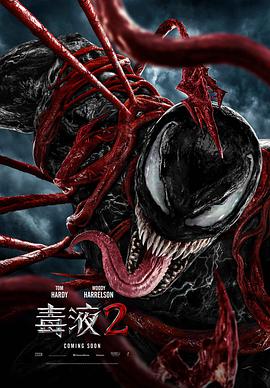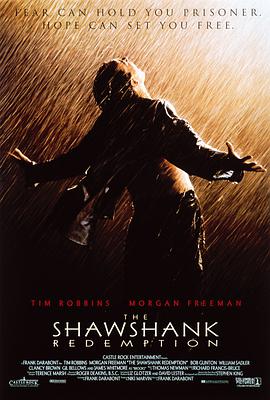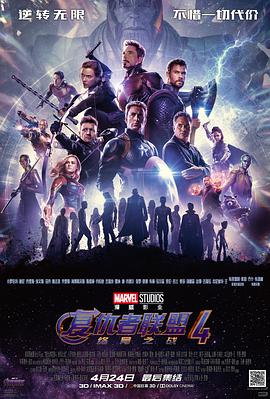
导演:
上映:
未知
更新:
2025-06-11 16:32:07,最后更新于
2月前
备注:
HD
评分:
0.0分
TAG:
未知
剧情:
In 1961, Stanislaw Rozewicz created the novella film "Birth Certificate" in cooperation with his brother, Taduesz Rozewicz as screenwriter. Such brother tandems are rare in the history of film but aside from family ties, Stanislaw (born in 1924) and Taduesz (born in 1921) were mutually bound by their love for the cinema. They were born and grew up in Radomsk, a small town which had "its madmen and its saints" and most importanly, the "Kinema" cinema, as Stanislaw recalls: for him cinema is "heaven, the whole world, enchantment". Tadeusz says he considers cinema both a charming market stall and a mysterious temple. "All this savage land has always attracted and fascinated me," he says. "I am devoured by cinema and I devour cinema; I'm a cinema eater." But Taduesz Rozewicz, an eminent writer, admits this unique form of cooperation was a problem to him: "It is the presence of the other person not only in the process of writing, but at its very core, which is inserperable for me from absolute solitude." Some scenes the brothers wrote together; others were created by the writer himself, following discussions with the director. But from the perspective of time, it is "Birth Certificate", rather than "Echo" or "The Wicked Gate", that Taduesz describes as his most intimate film. This is understandable. The tradgey from September 1939 in Poland was for the Rozewicz brothers their personal "birth certificate". When working on the film, the director said "This time it is all about shaking off, getting rid of the psychological burden which the war was for all of us. ... Cooperation with my brother was in this case easier, as we share many war memories. We wanted to show to adult viewers a picture of war as seen by a child. ... In reality, it is the adults who created the real world of massacres. Children beheld the horrors coming back to life, exhumed from underneath the ground, overwhelming the earth." The principle of composition of "Birth Certificate" is not obvious. When watching a novella film, we tend to think in terms of traditional theatre. We expect that a miniature story will finish with a sharp point; the three film novellas in Rozewicz's work lack this feature. We do not know what will be happen to the boy making his alone through the forest towards the end of "On the Road". We do not know whether in "Letter from the Camp", the help offered by the small heroes to a Soviet prisoner will rescue him from the unknown fate of his compatriots. The fate of the Jewish girl from "Drop of Blood" is also unclear. Will she keep her new impersonation as "Marysia Malinowska"? Or will the Nazis make her into a representative of the "Nordic race"? Those questions were asked by the director for a reason. He preceived war as chaos and perdition, and not as linear history that could be reflected in a plot. Although "Birth Certificate" is saturated with moral content, it does not aim to be a morality play. But with the immense pressure of reality, no varient of fate should be excluded. This approached can be compared wth Krzysztof Kieslowski's "Blind Chance" 25 years later, which pictured dramatic choices of a different era. The film novella "On the Road" has a very sparing plot, but it drew special attention of the reviewers. The ominating overtone of the war films created by the Polish Film School at that time should be kept in mind. Mainly owing to Wajda, those films dealt with romantic heritage. They were permeated with pathos, bitterness, and irony. Rozewicz is an extraordinary artist. When narrating a story about a boy lost in a war zone, carrying some documents from the regiment office as if they were a treasure, the narrator in "On the Road" discovers rough prose where one should find poetry. And suddenly, the irrational touches this rather tame world. The boy, who until that moment resembled a Polish version of the Good Soldier Schweik, sets off, like Don Quixote, for his first and last battle. A critic described it as "an absurd gesture and someone else could surely use it to criticise the Polish style of dying. ... But the Rozewicz brothers do no accuse: they only compose an elegy for the picturesque peasant-soldier, probably the most important veteran of the Polish war of 1939-1945." "Birth Certificate" is not a lofty statement about national imponderabilia. The film reveals a plebeian perspective which Aleksander Jackieqicz once contrasted with those "lyrical lamentations" inherent in the Kordian tradition. However, a historical overview of Rozewicz's work shows that the distinctive style does not signify a fundamental difference in illustrating the Polish September. Just as the memorable scene from Wajda's "Lotna" was in fact an expression of desperation and distress, the same emotions permeate the final scene of "Birth Certificate". These are not ideological concepts, though once described as such and fervently debated, but rather psychological creations. In this specific case, observes Witold Zalewski, it is not about manifesting knightly pride, but about a gesture of a simple man who does not agree to be enslaved. The novella "Drop of Blood" is, with Aleksander Ford's "Border Street", one of the first narrations of the fate of the Polish Jews during the Nazi occupation. The story about a girl literally looking for her place on earth has a dramatic dimension. Especially in the age of today's journalistic disputes, often manipulative, lacking in empathy and imbued with bad will, Rozewicz's story from the past shocks with its authenticity. The small herione of the story is the only one who survives a German raid on her family home. Physical survial does not, however, mean a return to normality. Her frightened departure from the rubbish dump that was her hideout lead her to a ruined apartment. Her walk around it is painful because still fresh signs of life are mixed with evidence of annihilation. Help is needed, but Mirka does not know anyone in the outside world. Her subsequent attempts express the state of the fugitive's spirits - from hope and faith, moving to doubt, a sense of oppression, and thickening fear, and finally to despair. At the same time, the Jewish girl's search for refuge resembles the state of Polish society. The appearance of Mirka results in confusion, and later, trouble. This was already signalled by Rozewicz in an exceptional scene from "Letter from the Camp" in which the boy's neighbour, seeing a fugitive Russian soldier, retreats immediately, admitting that "Now, people worry only about themselves." Such embarassing excuses mask fear. During the occupation, no one feels safe. Neither social status not the aegis of a charity organisation protects against repression. We see the potential guardians of Mirka passing her back and forth among themselves. These are friendly hands but they cannot offer strong support. The story takes place on that thin line between solidarity and heroism. Solidarity arises spontaneously, but only some are capable of heroism. Help for the girl does not always result from compassion; sometimes it is based on past relations and personal ties (a neighbour of the doctor takes in the fugitive for a few days because of past friendship). Rozewicz portrays all of this in a subtle way; even the smallest gesture has significance. Take, for example, the conversation with a stranger on the train: short, as if jotted down on the margin, but so full of tension. And earlier, a peculiar examination of Polishness: the "Holy Father" prayer forced on Mirka by the village boys to check that she is not a Jew. Would not rising to the challenge mean a death sentance? Viewed after many years, "Birth Certificate" discloses yet another quality that is not present in the works of the Polish School, but is prominent in later B-class war films. This is the picture of everyday life during the war and occupation outlined in the three novellas. It harmonises with the logic of speaking about "life after life". Small heroes of Rozewicz suddenly enter the reality of war, with no experience or scale with which to compare it. For them, the present is a natural extension of and at the same time a complete negation of the past. Consider the sleey small-town marketplace, through which armoured columns will shortly pass. Or meet the German motorcyclists, who look like aliens from outer space - a picture taken from an autopsy because this is how Stanislaw and Taduesz perceived the first Germans they ever met. Note the blurred silhouettes of people against a white wall who are being shot - at first they are shocking, but soon they will probably become a part of the grim landscape. In the city centre stands a prisoner camp on a sodden bog ("People perish likes flies; the bodies are transported during the night"); in the street the childern are running after a coal wagon to collect some precious pieces of fuel. There's a bustle around some food (a boy reproaches his younger brother's actions by singing: "The warrant officer's son is begging in front of the church? I'm going to tell mother!"); and the kitchen, which one evening becomes the proscenium of a real drama. And there are the symbols: a bar of chocolate forced upon a boy by a Wehrmacht soldier ("On the Road"); a pair of shoes belonging to Zbyszek's father which the boy spontaneously gives to a Russian fugitive; a priceless slice of bread, ground under the heel of a policeman in the guter ("Letters from the Camp"). As the director put it: "In every film, I communicate my own vision of the world and of the people. Only then the style follows, the defined way of experiencing things." In Birth Certificate, he adds, his approach was driven by the subject: "I attempted to create not only the texture of the document but also to add some poetic element. I know it is risky but as for the merger of documentation and poety, often hidden very deep, if only it manages to make its way onto the screen, it results in what can referred to as 'art'." After 1945, there were numerous films created in Europe that dealt with war and children, including "Somewhere in Europe" ("Valahol Europaban", 1947 by Geza Radvanyi), "Shoeshine" ("Sciescia", 1946 by Vittorio de Sica), and "Childhood of Ivan" ("Iwanowo dietstwo" by Andriej Tarkowski). Yet there were fewer than one would expect. Pursuing a subject so imbued with sentimentalism requires stylistic disipline and a special ability to manage child actors. The author of "Birth Certificate" mastered both - and it was not by chance. Stanislaw Rozewicz was always the beneficent spirit of the film milieu; he could unite people around a common goal. He emanated peace and sensitivity, which flowed to his co-workers and pupils. A film, being a group work, necessitates some form of empathy - tuning in with others. In a biographical documentary about Stanislaw Rozewicz entitled "Walking, Meeting" (1999 by Antoni Krauze), there is a beautiful scene when the director, after a few decades, meets Beata Barszczewska, who plays Mireczka in the novella "Drops of Blood". The woman falls into the arms of the elderly man. They are both moved. He wonders how many years have passed. She answers: "A few years. Not too many." And Rozewicz, with his characteristic smile says: "It is true. We spent this entire time together."
收起
相关影片
2018
战争
英国
刘易斯·柯克 克劳迪娅·格雷斯·麦凯尔 迈克尔麦凯尔 斯蒂芬·鲍克思 诺埃琳·科米斯基 Sally George 梅雷姆·恩维尔 Johnny Sachon Paul O'Neill Sidney Kean Chris Ellis-Stanton 史蒂文·布什 Amelia Bristow Rae Clarke
Follows the events of the Holocaust through the eyes of an SS Soldier.
HD
2021
战争
其它
奥利弗·马苏奇 Dieter Bernhardt Elias Gabele 比吉特·米尼希迈尔 拉斐尔·斯塔霍维亚克 Isa Hochgerner 马蕾茜·里格纳 Anton Rattinger Aron Eichhorn 约翰内斯·赛勒 马库斯·施莱泽 Clemens Berndorff Gerhard Flödl 卢卡斯·米科 安德烈·鲁斯特
To withstand the psychological torture of the Gestapo, a lawyer imprisoned by the Nazis rescues hi
HD
2022
战争
大陆
HD
2021
战争
俄罗斯
Soldier Ivan Denisovich Shukhov was taken prisoner by the Germans, and after leaving it, he ended
HD
2018
战争
其它
Arturs Skrastins Ilze Blauberga Matiss Kipluks Henrijs Arajs Elza Alberina Mihails Karasikovs Toms Treinis 斯特芬·施曼 Imants Erdmans Madara Paeglkalns Arnis Ozols Armands Ikalis Lauma Balode Signe Birkova Martins Grauds
赞尼斯·利普克是个普通的拉脱维亚蓝领工人。他白天在一家德国军用航空仓库上班,晚上通过走私来补贴家用。但当德军开始血腥镇压里加的犹太人时,他做出了一个艰难却人道的决定,而这个决定可能把他和他的家人送
HD
2021
战争
大陆
HD
2021
战争
法国
HD
2021
战争
英国
August 1944. With the American Eighth Air Force poised to strike over Nazi Germany, British Intell
HD
2022
战争
大陆
北京举办“战争年代的记忆”图片展,泛黄的老照片唤醒了俄罗斯老人苏拉的记忆。1945年战火还未平息,正在休整中的罗烽上尉接到一项特殊指令:带领6人小分队,向危机四伏的日军占领区挺进,营救苏联情报人员
HD
2021
战争
日本
HD
2025
战争
大陆
TC
2025
战争
大陆
HD
2020
战争
大陆
HD
2021
战争
大陆
HD
2021
战争
俄罗斯
Vladimir Ilin Marina Denisova Svetlana Terentyeva Nikita Terentev Anna Soroko Nadezhda Shumilova Ilya Vlasov Nataliya Mats Anastasiya Baklanova Lyudmila Yurova Ruslan Alekseev Milana Konvensarova
卢甘斯克地区,2014 年 5 月。Novozhilov 一家偶然发现自己身处卢甘斯克的各种事件之中。弗拉德·诺沃日洛夫(Vlad Novozhilov)曾是阿富汗战争的参与者。他知道什么是战争,
HD
正在热播
更多
2025
喜剧
大陆
独家推荐
TC
2025
日韩剧
韩国
热播
已完结
1992
日韩动漫
日本
热播
1-9季已完结
2004
科幻
美国
热播
HD
2002
恐怖
英国
热播
HD
2004
动作
大陆
独家推荐
HD
2013
科幻
美国
独家推荐
HD
2020
日韩剧
韩国
独家推荐
已完结
2012
恐怖
其它
独家推荐
HD
2016
动作
韩国
独家推荐
HD
2021
科幻
美国
独家推荐
汤姆·哈迪 伍迪·哈里森 米歇尔·威廉姆斯 娜奥米·哈里斯 瑞德·斯科特 斯蒂芬·格拉汉姆 汤姆·赫兰德 里斯·谢尔史密斯 肖恩·德兰尼 佩吉·陆 劳伦斯·斯佩尔曼 杰克·班戴拉 斯克鲁比斯·皮普 阿姆·阿勒卡迪 斯图尔特·亚历山大 克里斯托弗戈德温 格雷戈·洛基特 桑尼·阿什本·瑟金斯 雷切尔·汉德肖 小田部阿基 埃里克·西格蒙德森 何塞‧帕尔马 Rosie Marcel 艾略特·凯博尔 威廉·W·巴伯 埃尔文·费利西达 露丝·霍洛克斯 约翰·洛巴托 迪索·拉莫斯 迈克尔·安德鲁·里德 里克·理查森 安
电影讲述了外星共生体“毒液”与宿主埃迪(汤姆·哈迪 饰)这对“最佳拍档”遇上致命反派共生体“卡内奇”(伍迪·哈里森 饰),超级英雄和邪恶反派的宿命之战即将开始。
HD
2025
国产剧
大陆
独家推荐
已完结
1994
剧情
美国
独家推荐
HD
2019
动作
美国
独家推荐
小罗伯特·唐尼 克里斯·埃文斯 马克·鲁弗洛 克里斯·海姆斯沃斯 乔什·布洛林 保罗·路德 凯伦·吉兰 杰瑞米·雷纳 斯嘉丽·约翰逊 唐·钱德尔 布丽·拉尔森 布莱德利·库珀 泰莎·汤普森 汤姆·赫兰德 伊丽莎白·奥尔森 本尼迪克特·康伯巴奇 蒂尔达·斯文顿 格温妮斯·帕特洛 蕾妮·罗素 约翰·斯拉特里 查德维克·博斯曼 安东尼·麦凯 塞巴斯蒂安·斯坦 克里斯·帕拉特 汤姆·希德勒斯顿 佐伊·索尔达娜 丹娜·奎里拉 本尼迪克特·王 庞·克莱门捷夫 戴夫·巴蒂斯塔 利蒂希娅·赖特 伊万杰琳·莉莉 乔恩·费儒
一声响指,宇宙间半数生命灰飞烟灭。几近绝望的复仇者们在惊奇队长(布丽·拉尔森 Brie Larson 饰)的帮助下找到灭霸(乔什·布洛林 Josh Brolin 饰)归隐之处,却得知六颗无限宝石均
HD

